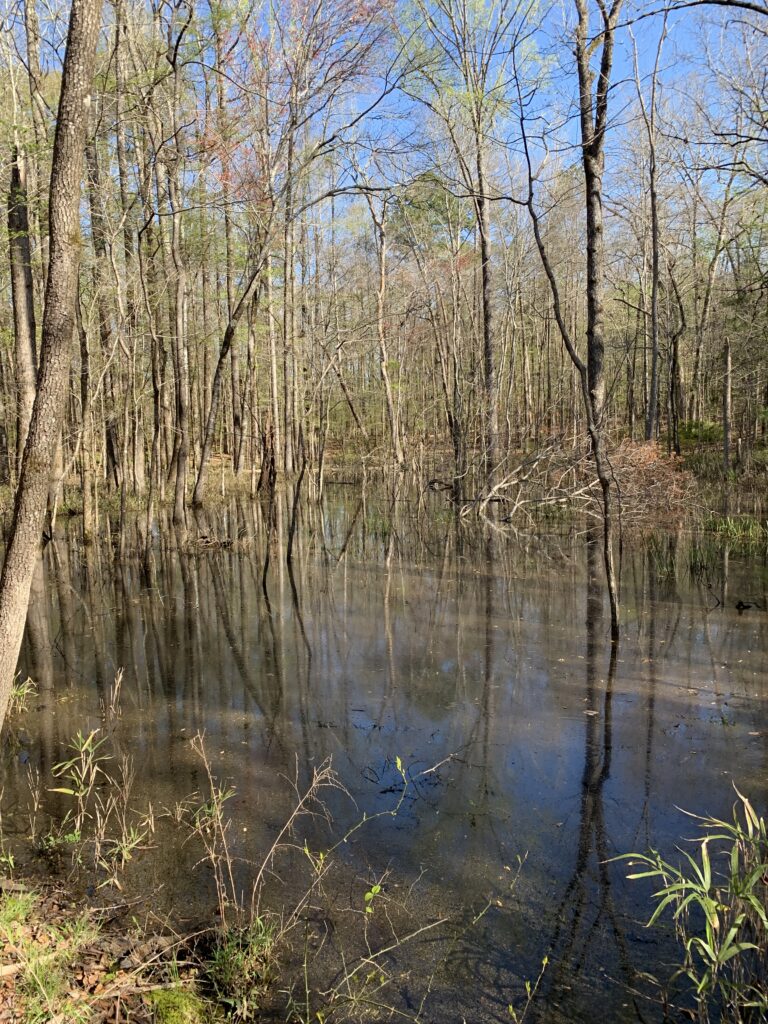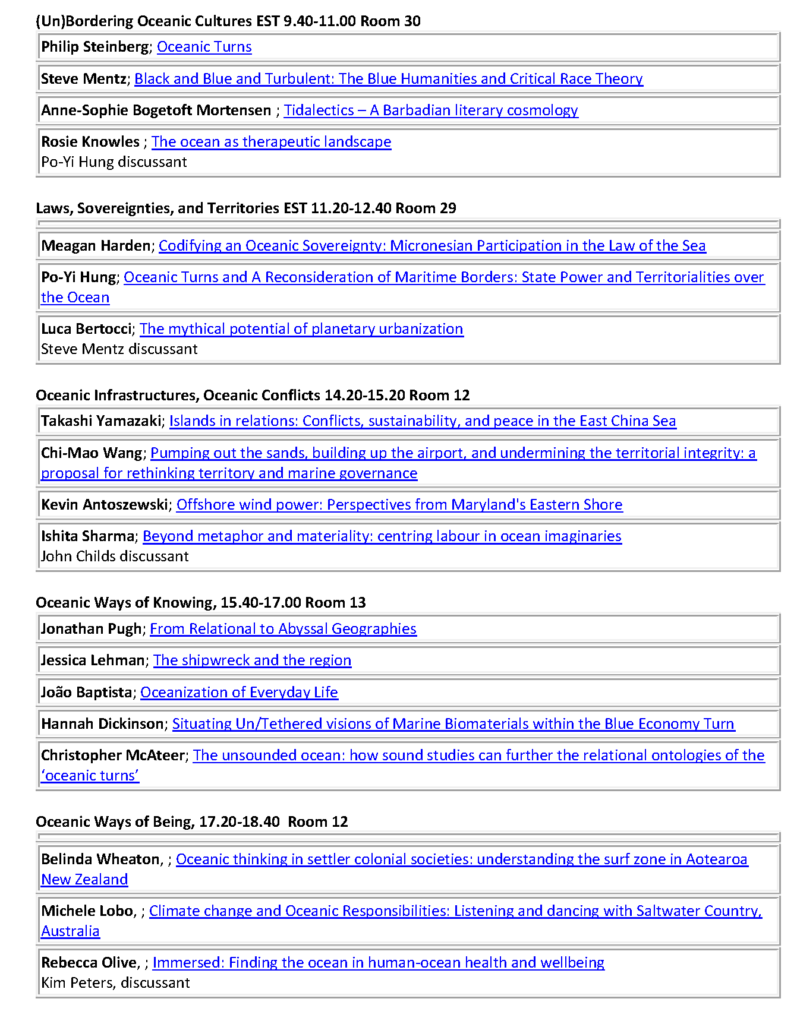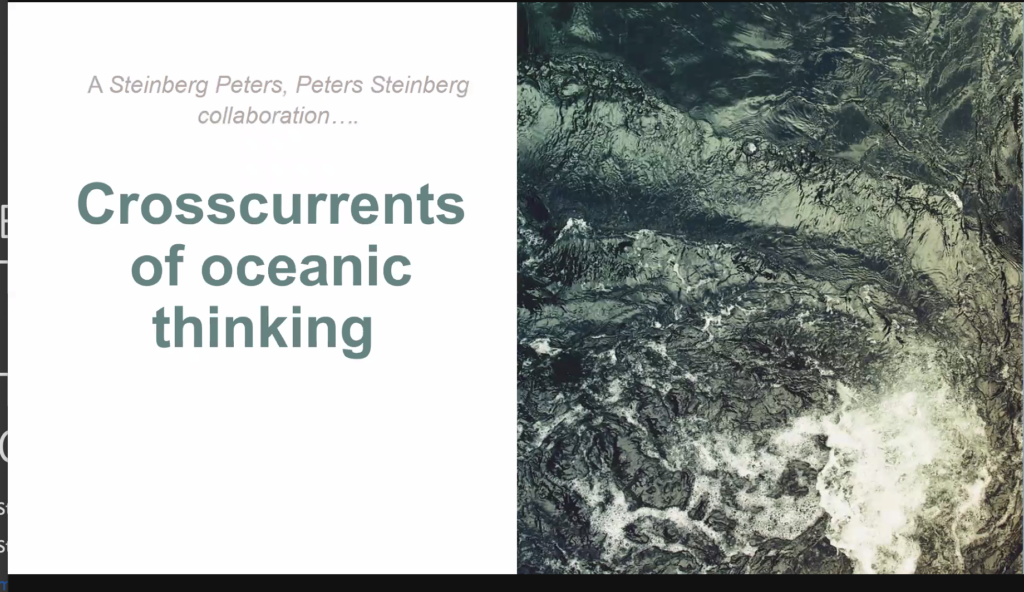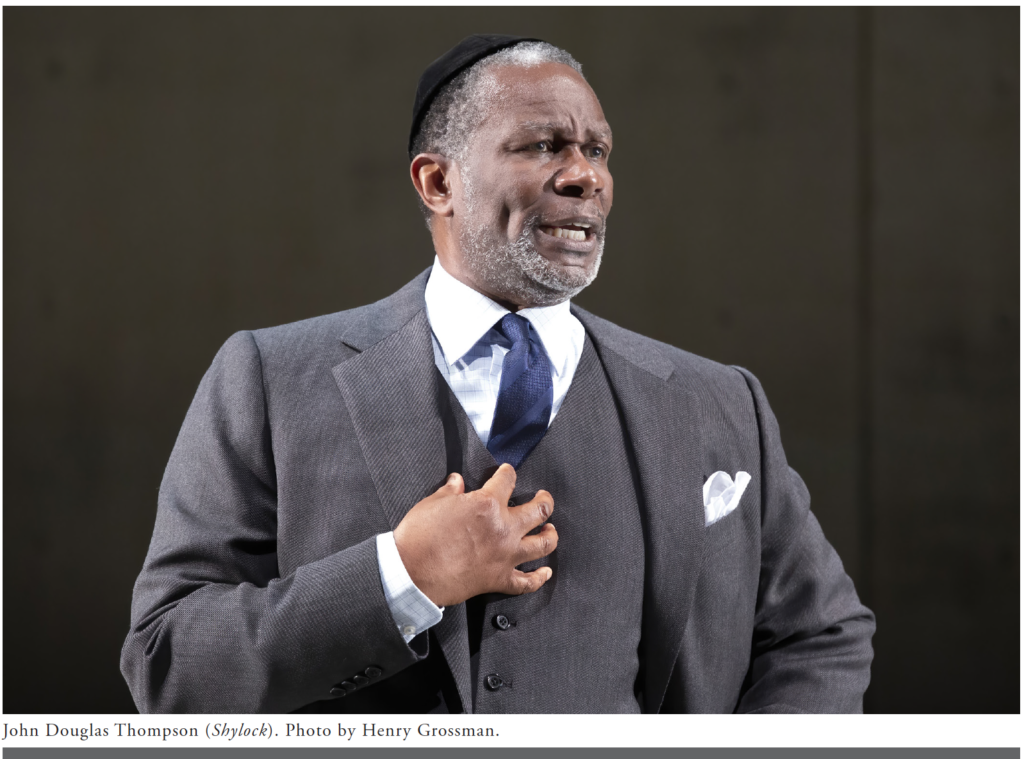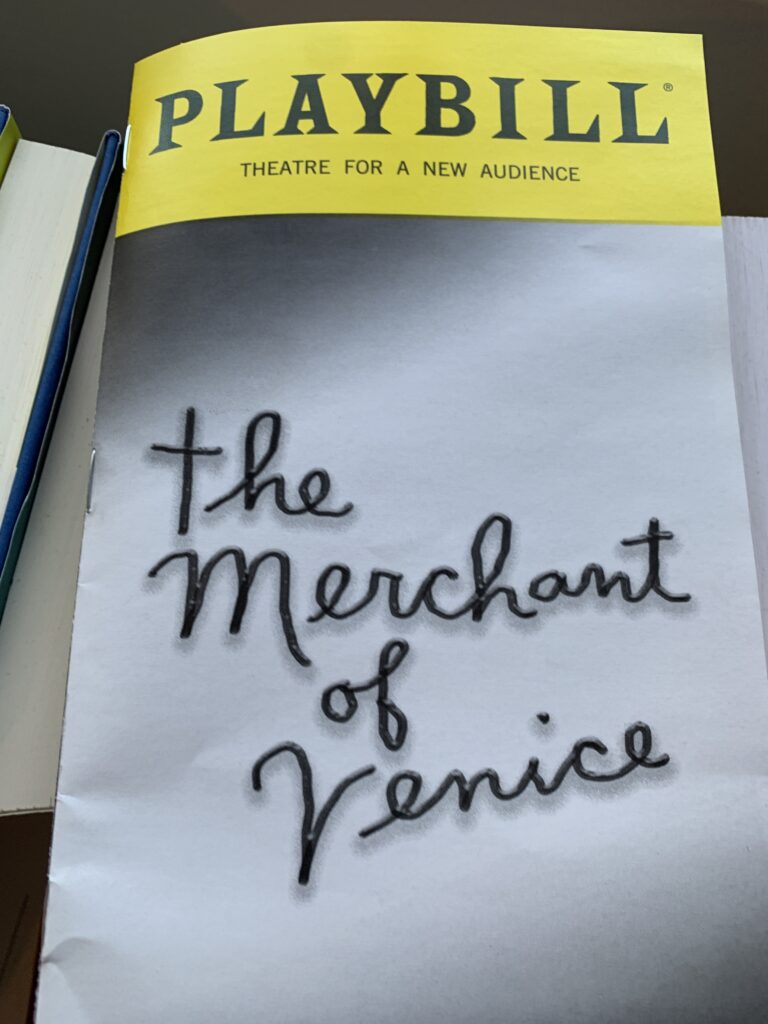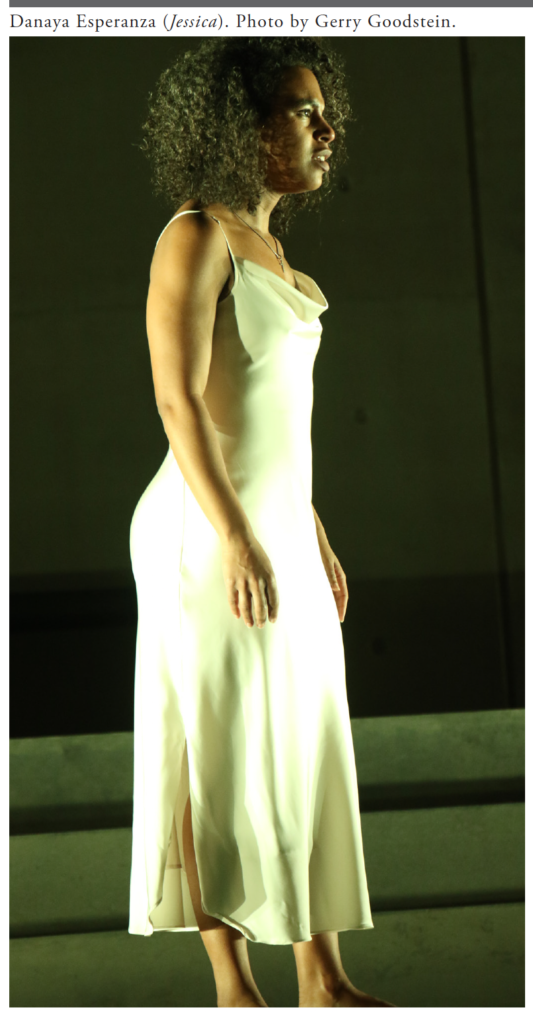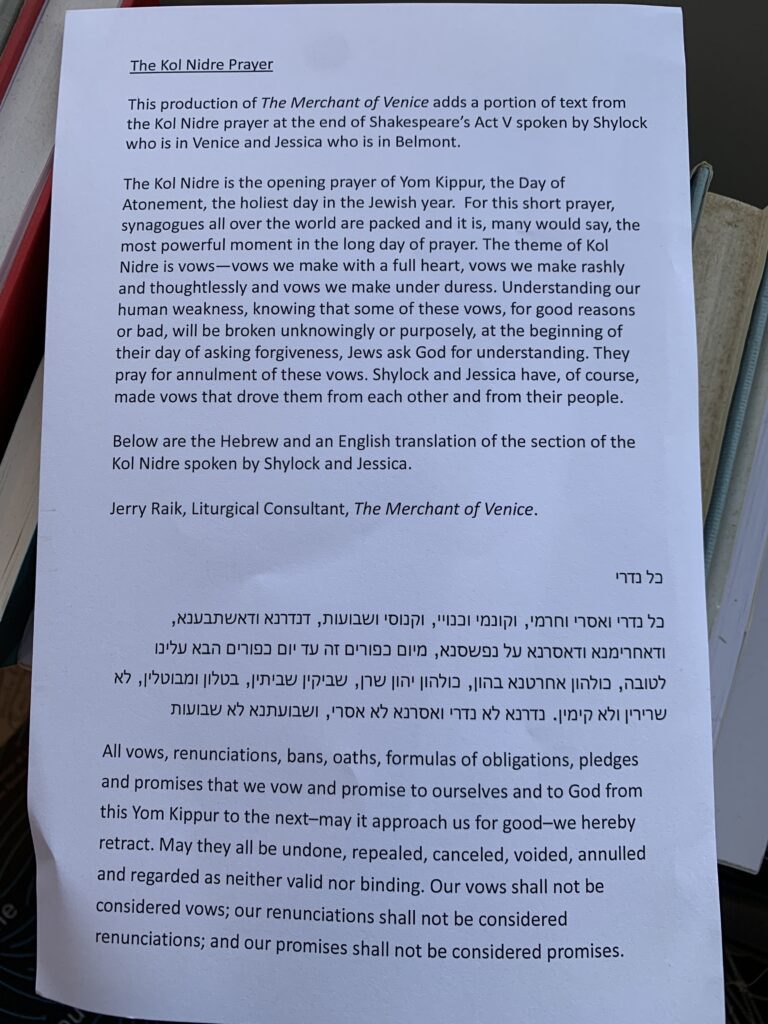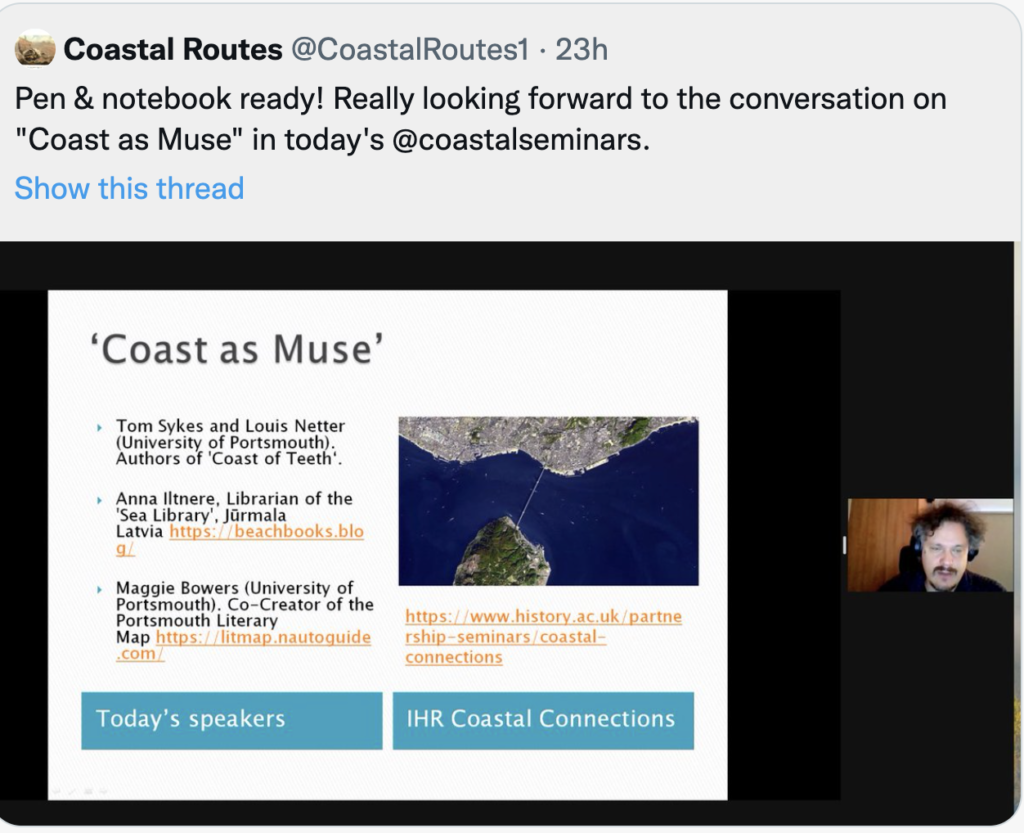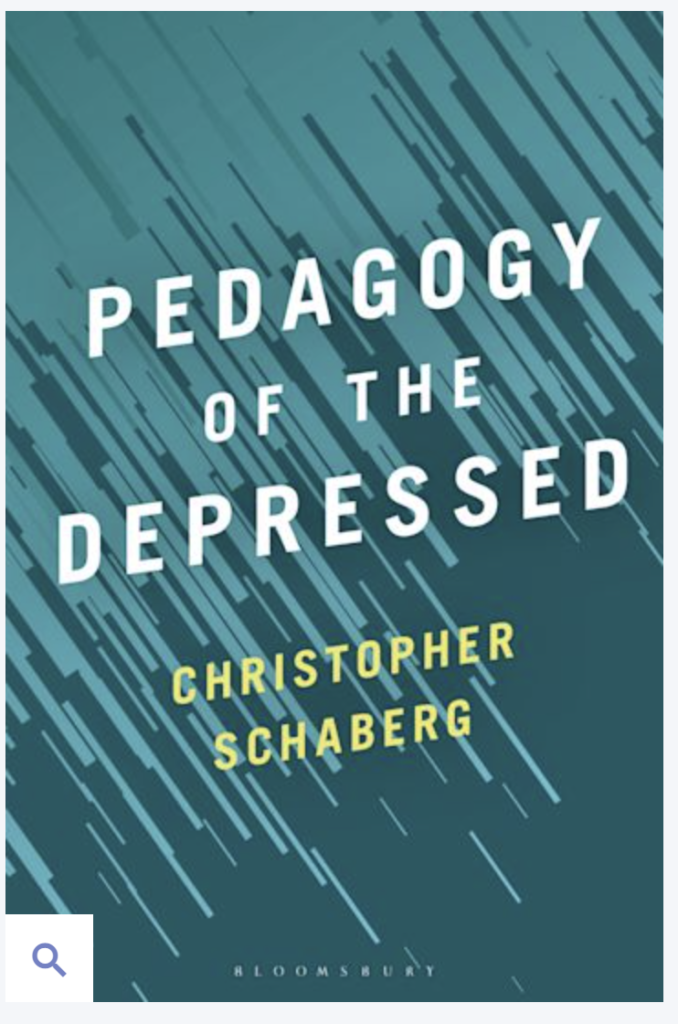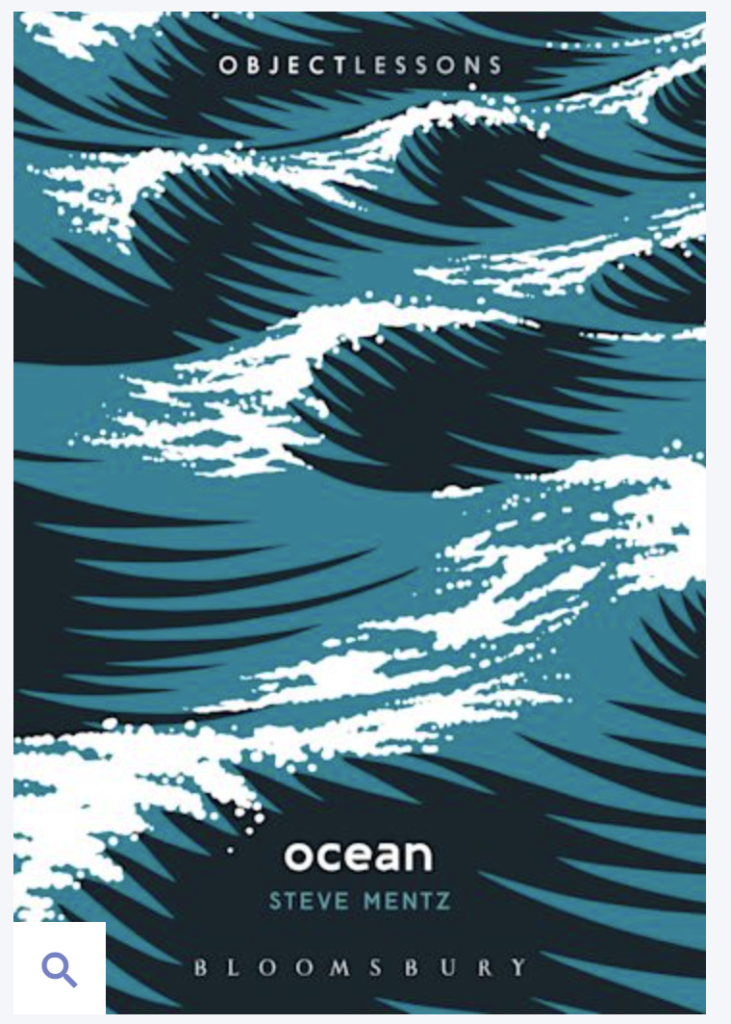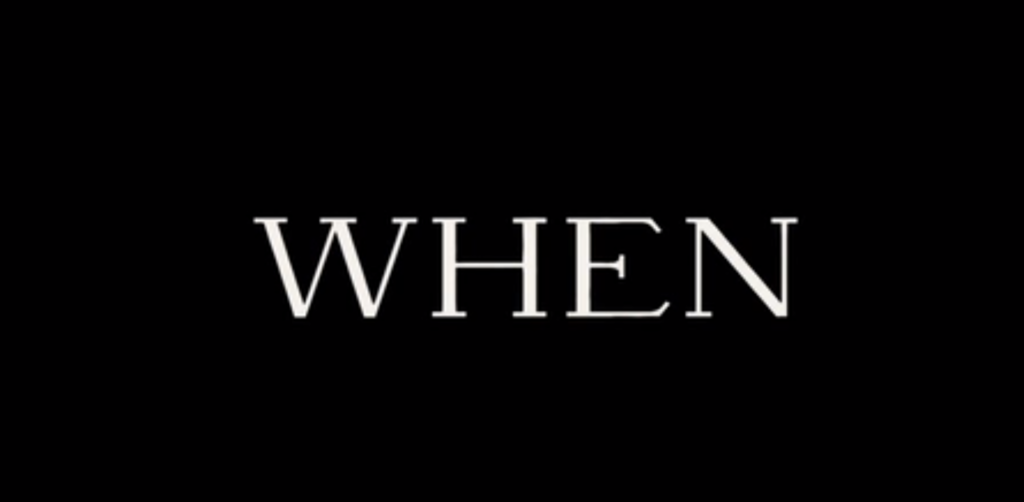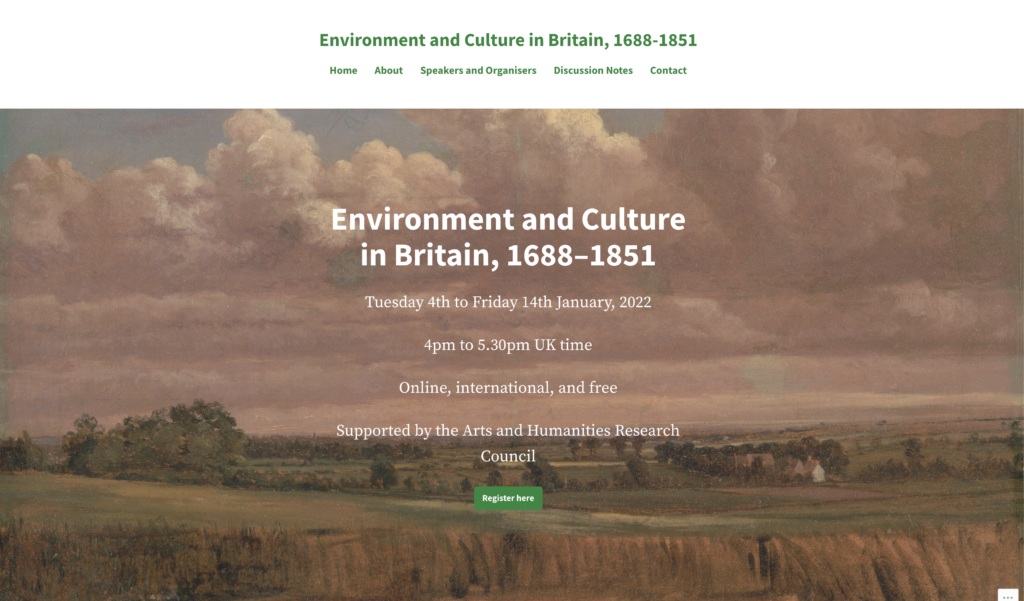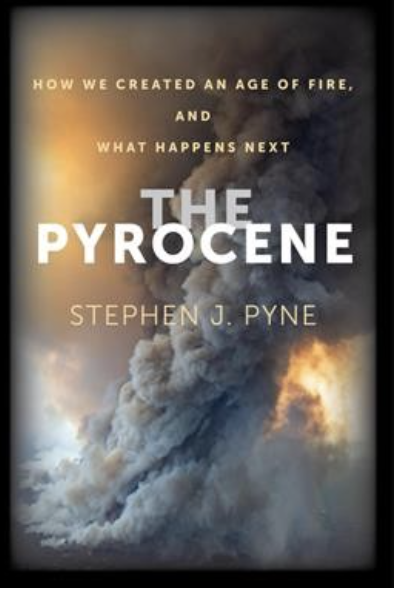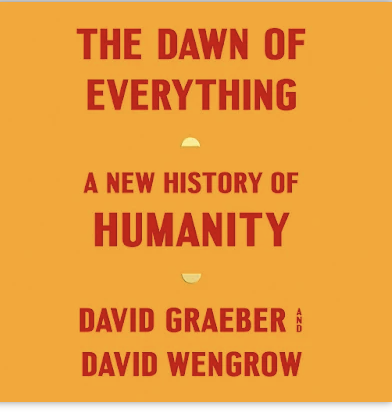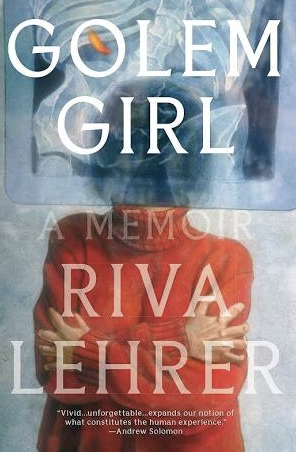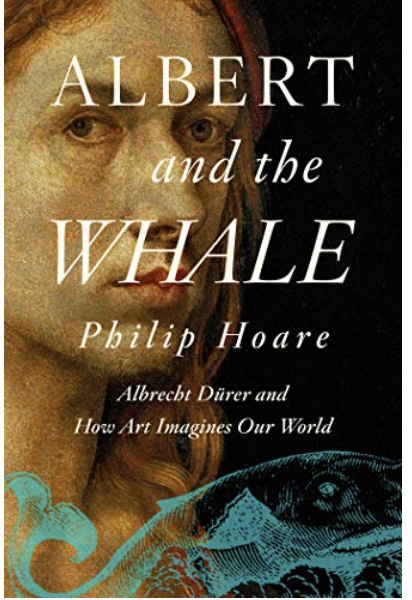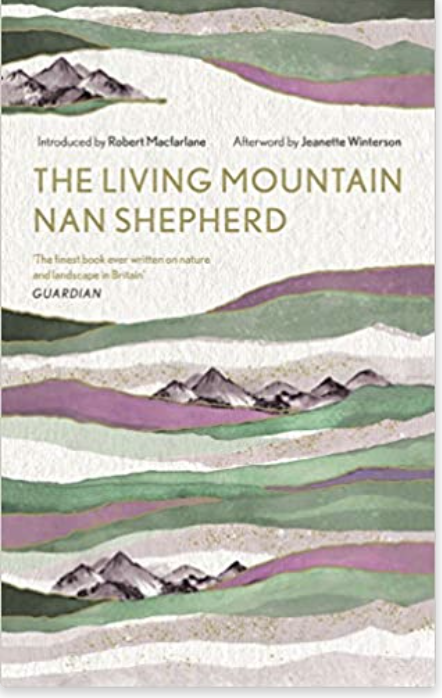I’m just back from a fantastic short visit to the English department of Auburn University, where I gave a talk on Elizabethan fiction and genre theory, and also joined a grad seminar to talk more broadly about literary studies in the twenty-first century. It was a pleasure to return to some of the topics and authors of my earlier academic work, including the dissertation I wrote in the ’90s and the books and articles that grew out of it, before the oceanic turn that I made sometime around the late ’00s.

But since I very seldom can avoid talking about the things that I’m thinking about right now, the talk finished up discussing how the two metaphors I had used for different ideas of generic plurality — clouds and oceans — also relate to the blue humanities project that’s on my plate for the rest of ’22. Here, for anyone interested, are the couple of paragraphs that’ll get reworked someplace in the Blue Humanities book I’m writing:
The sixteenth-century humanist and scientist Evangelista Torricelli, inventor of the barometer, once remarked that humans live “at the bottom of a vast sea of air.” Torricelli accurately described the surface of our planet as covered by two fluid bodies, a heavy and liquid one above which humans usually float or stand, and a lighter gaseous one to the bottom of which we generally sink. This two-part image of two phases of planetary water provides a suggestive way to draw together Nashe’s cloud-pluralism and Lodge’s oceanic rupture. Thinking on a large scale, the ocean represents the principle of narrative fecundity that Salman Rushdie has described as the “sea of stories.” This ocean, which Rushdie constructs as an allegory for literary history and literary culture, divides Lodge’s two symbolic kingdoms, but it also, as Margarita’s long walk shows, enables them to touch each other. Above the ocean, clouds circulate as ephemeral narrative-fragments. Mobile water-in-air structures present all form with no substance, no clear lines of descent or connection but a tantalizing possibility of partial repetition over time. The critic’s task is to assimilate fleeting clouds to the more durable forms of oceanic currents.
I’ll hazard as my final point that these two forms of planetary water, clouds and oceans, might together be integrated into what I’m coming to call an inclusive blue humanities.In this scheme, multiple forms of water shape human bodies, and human histories become legible through our depictions of liquid water, gaseous vapor, and solid ice.The globe-embracing ocean of stories contains and constrains the circulation of literary narratives, texts, cultures, and traditions. Above the great waters, invisible but also circulating, the translucent sea of air overflows with ephemeral story-fragments, forms without substance, lacking clear lines of descent but hanging heavy in the air like humidity in an Alabama summer. To reconcile these two forms of circulation into a single theory of planetary water as subject and driver of human culture remains an unfinished task of twenty-first century ecocritical literary studies
To complete the trio, I’ll want to describe solid ice alongside liquid and gaseous water. But the idea of a “poetics of planetary water” is something I’ll keep thinking about.
With thanks to Deborah Soloman and the English Department at Auburn for inviting me, and to everyone who came to the talk! And also to Alexis Sterling and friends for local suggestions about food and hiking!
